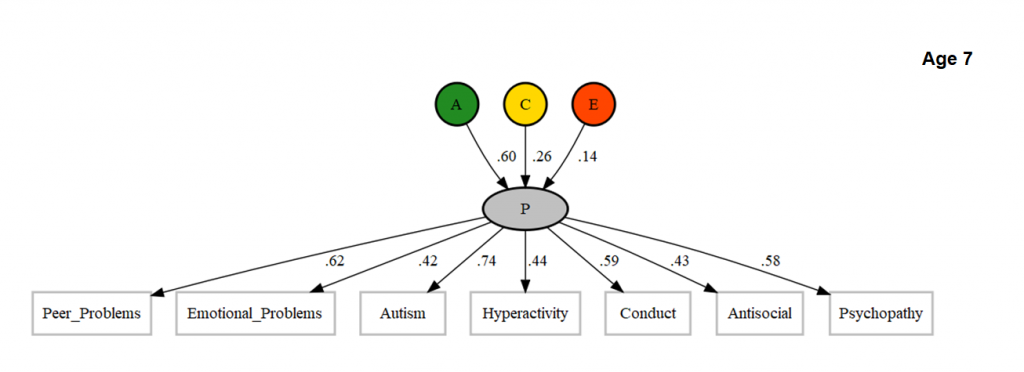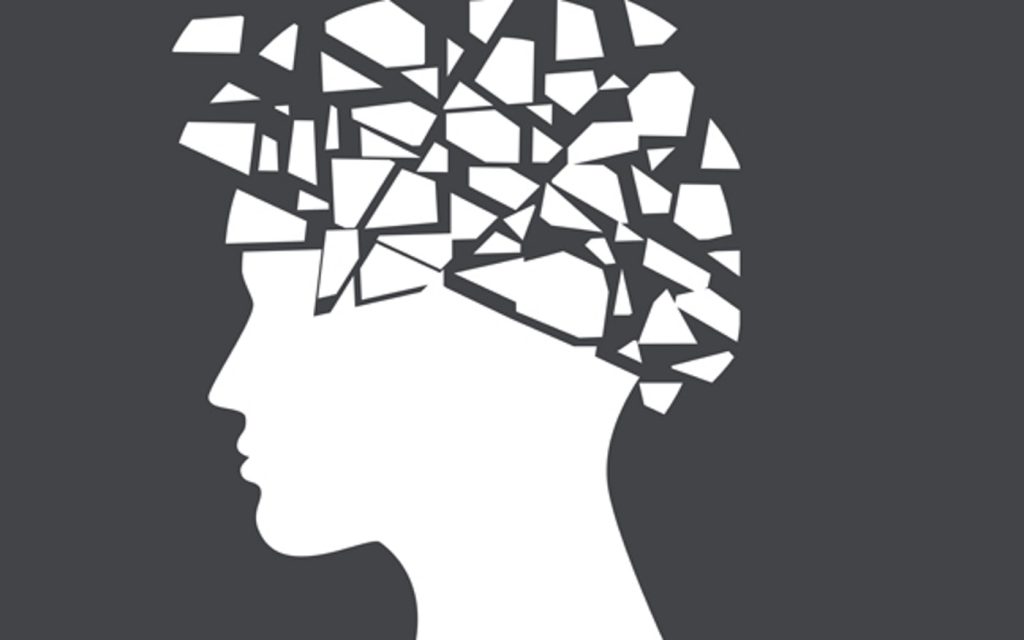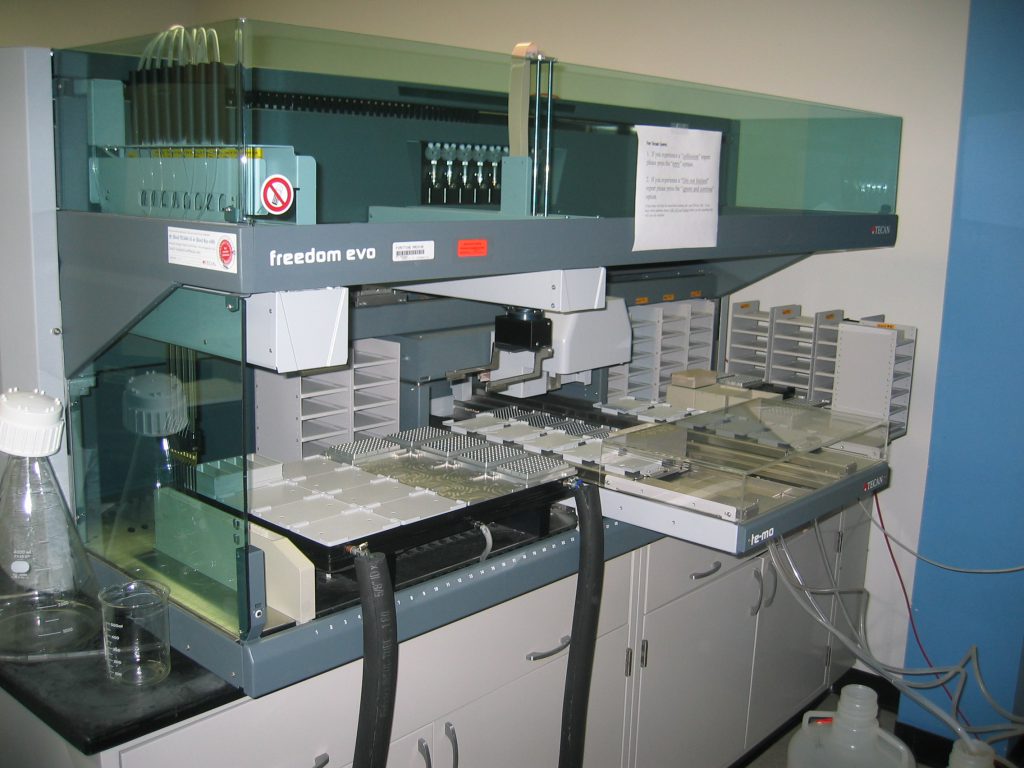
Researchers from EDIT lab and the Twins Early Development Study have just published an article about the genetics of the ‘p factor’ across childhood and adolescence. What is the p factor and what did they find?

Researchers from EDIT lab and the Twins Early Development Study have just published an article about the genetics of the ‘p factor’ across childhood and adolescence. What is the p factor and what did they find?

Psychological therapies, such as cognitive behaviour therapy (CBT) are first-line treatments for the most common mental health problems, namely anxiety and depression (National Institute for Care and Excellence, 2009), and yet they are only partially effective. For example, similar to anti-anxiety/antidepressant medications, approximately half of individuals do not experience a…

Unfortunately, mental health problems are sometimes seen as a sign of weakness. This view can be held by unaffected individuals as well as the sufferers themselves, who believe that they would cope better if only they were stronger characters. Here, we discuss why this is NOT the case and why…

Yasmin [EDIT Lab PhD student] outlines our latest publication on anxiety symptoms in the family. Anxiety in parents is associated with anxiety in offspring, but it’s not yet clear how this happens. We conducted the first study to use a ‘genetically sensitive’ research design to examine the effects of mother,…

In fact, there’s no single cause for anxiety and depression. Find out more in Molly’s post, as part of the EDIT Blog Mythbusters series. “But we already know that anxiety and depression are caused by _______.” When I talk to people about our team’s research and our goal of…

For Mental Health Awareness Week, the BBC is showing a series of films featuring public figures talking about their personal experiences with mental illness. In one of these, Nadiya Hussain (chef, author, and television presenter) talks to me and my twin sister Margie about what twins can tell us about…

Learning that a disorder is influenced by your genes can be a frightening and confusing experience. People may think that because your DNA doesn’t change, it also means that we can’t do anything about “genetic” disorders. Meg and Kirstin [EDIT lab PhD students] explain how the environment and genes can…

The last few years have seen an incredible increase in the discovery of genetic variants associated with depression. In this Mythbusters blog, Kirstin [EDIT Lab PhD student] and Joni [SGDP Postdoc] describe this recent progress, and explain why there isn’t just a single gene for depression.

Your DNA is a fundamental part of who you are. Unless you have an identical twin (and possibly not even then), it is incredibly unlikely that anyone else has, or will ever have, the same DNA sequence as you. As such, when you provide your DNA for research, or to…

Taking part in research is a fantastic opportunity to contribute to the improvement of future health care initiatives. The usefulness of research findings are dependent on the type and quality of the data researchers can access. In our next Mythbusting blog series, EDIT lab placement students Anna, Beth and Bronte…
Recent Comments